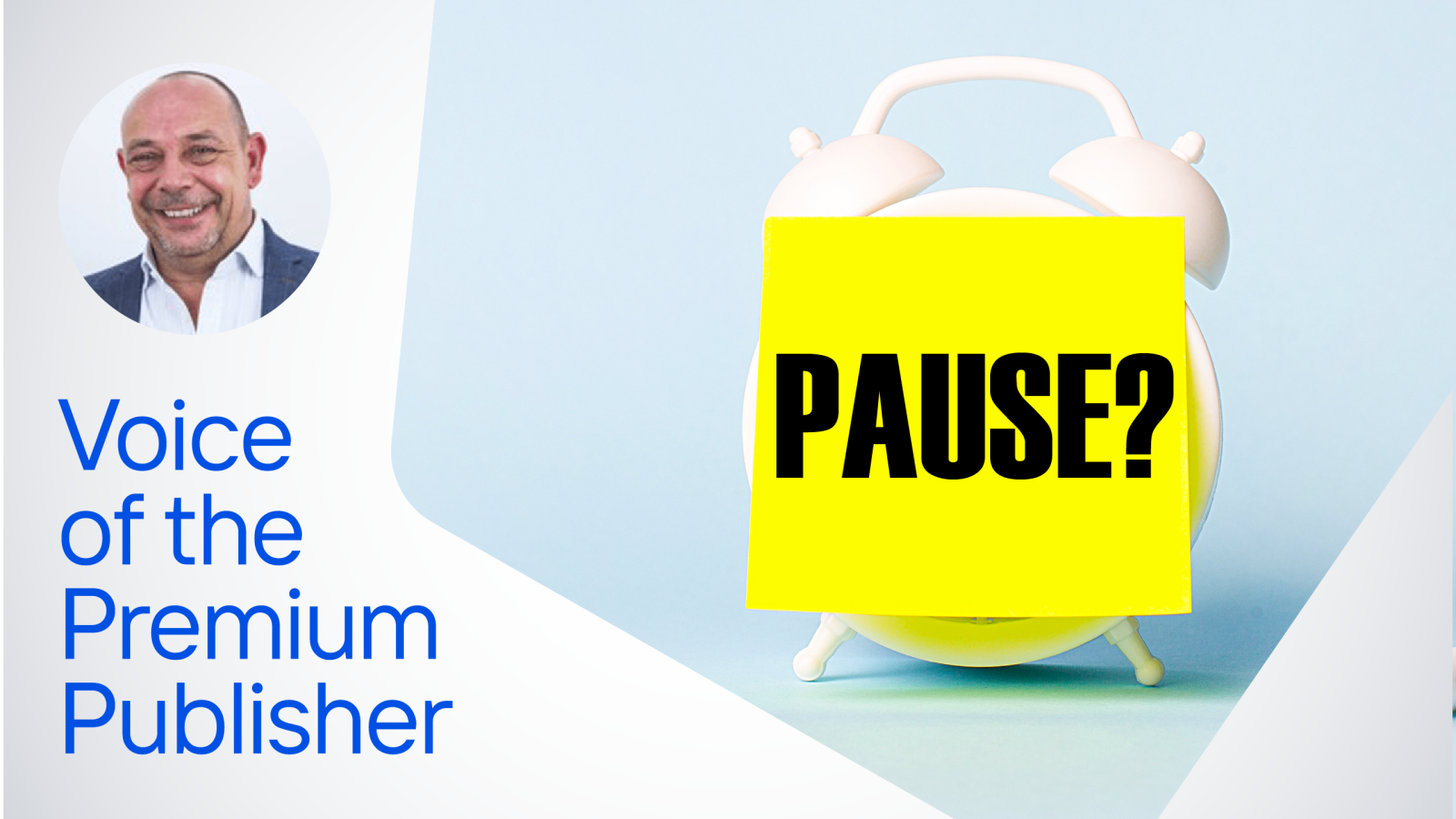
Delays, Cookies, and Fraud: What Publishers Need to Know This Summer
Published: 12 Aug 2022
Many of us may be unplugging for the summer, but industry news and developments roll on. From government and Google delays, to a growing fraud epidemic, here are three key stories of the season and what they mean for publishers.
Publishers must remain vocal about Online Safety Bill
The Online Safety Bill’s capacity for controversy proved itself once again, with plans to introduce new online safety laws put on hold until the leadership contest is settled in September.
Though the delay was met with criticism, I’d rather the process be given the focus it deserves in a time of relative political stability, rather than when MPs are distracted by who to throw their weight behind in the leadership contest. The proposed regulatory controls will have a tremendous impact on all players in digital media, so it’s crucial to wait for a time when there is the highest chance the government will get them right; fulfilling the promise of a bill that makes the digital content marketplace better for both creators of original high-quality content and consumers.
For publishers, I recommend the age-old approach of not worrying about what we can’t change and working on what we can. The Online Safety Bill’s inclusion in the Queen’s speech means its return won’t be too far off, but its fate is ultimately out of our hands. Where we can make an impact is with Google and its in-development Privacy Sandbox, which brings us on to the second big delay of the season.
The cookie cutting delay is another olive branch from Google
While there have been many eyerolls at Google once again kicking the cookie deprecation can down the road, a cautious, conciliatory, and collaborative approach to phasing out and replacing one of the publishing industry’s most precious audience insight tools will pay dividends in the long run.
Google has been particularly engaged here in the UK, where it is working closely with the CMA to formalise legally binding commitments for its Privacy Sandbox. Not only has the process been consultative, it has also been transparent, with Google and the CMA publicly releasing quarterly updates and reports, while ING have been appointed to pore over the details. All three have been in regular contact with online publishers, and with the AOP as a trade body, and have welcomed direction and feedback on the course of their proceedings.
Of course, it’s in the interest of the world’s largest media company to protect its advertising revenue. But Apple paid no consideration to publishers when it stripped third-party cookies from Safari and introduced its ATT privacy overhaul. There was no consultation process with government authorities or industry bodies before they pulled the rug out and left everyone to figure out how to rearrange the furniture.
Google’s courtesy towards those affected by its decision to delay should inspire confidence that, if it extends the deadline again — and I suspect it will — then the time will be used wisely and give stakeholders further opportunities to be involved in the process, and test alternative solutions. This may not guarantee that Google’s overriding actions will satisfy all parties, but for now I simply appreciate that publishers have been provided a platform where their concerns are being heard, discussed, and addressed.
Action on website cloning urgently needed as cases surge
In 2021, twice as many stolen news articles and cloned websites were identified and removed from the web than the year before, as reported by Press Gazette. Cloned websites are parasitic, invisibly draining resources from the original publication, which unknowingly pays for its content to be hosted elsewhere. By spoofing a URL and making minor code edits, owners of cloned sites can profit from scamming site visitors, stealing their data, or serving ads.
Tragically, these cloned sites would probably perform better on Core Webs Vitals than genuine publishers as they strip away many of the elements that power a legitimate publication, which can result in them ranking higher in search results than the original material. If the number of cloned websites continues to grow at its current pace, the financial impact to publishers could be devastating.
Digital fraud is a commercial enterprise like any other, which means the best way to attack it is to remove the financial incentive. If exploiting a weak spot costs more than the value of the theft, the criminal will do the sums, see there’s no profit to be made, and move on to another target. Or, even better, give up on fraud altogether. Wishful thinking.
The weak spot exploited by website cloners sits within the content delivery network (CDN). This is a layer of the internet deliberately positioned between the host and the consumer and is sadly where fraudsters can hide their stolen content. This makes it very difficult for search engines and social feeds to recognise that a site is cloned, and Press Gazette reported that even prominent journalists were unwittingly sharing stolen content.
What we can’t allow is for website cloning to become so profitable it turns into a sophisticated, organised criminal operation with the talent at hand to outsmart the best minds at legal entities. This is when an industry can be drawn into a lengthy and expensive game of cat and mouse with criminals, as currently seen in the digital advertising ecosystem’s war of attrition against fraud.
As a next step, we’d like to explore ways to improve the process of identifying and reporting these sites, working with industry partners and Google to find ways to collectively tackle the growing issue.
On a final note, if you’re interested in how we’re innovating to address some of these challenges, join us at our next Publishing Tech Talk, where we’ll look at the opportunities created by new tech solutions for growing audiences, increasing revenues, and creating more engaging user experiences.
Categories: AOP News | Voice of the Premium Publisher